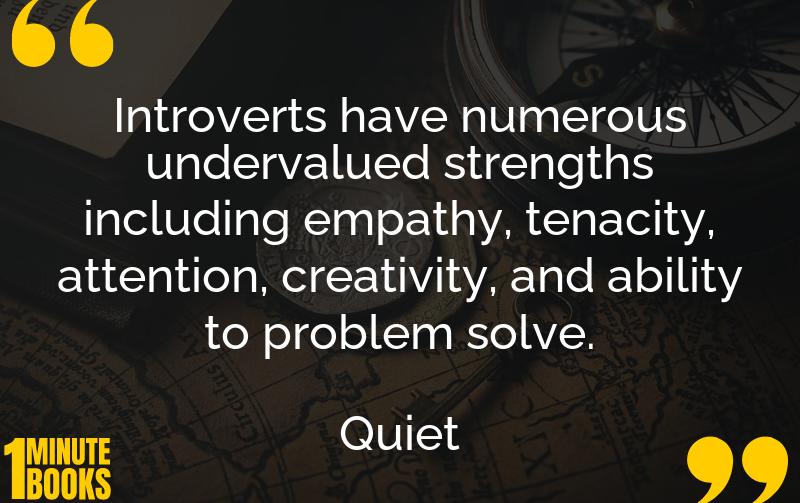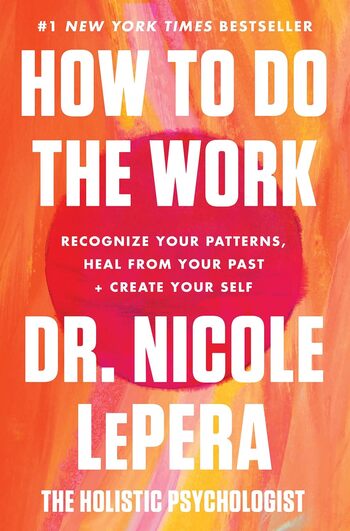
Quiet by Susan Cain explores the power and value of introverts in a world that often prioritizes extroversion, highlighting the strengths and contributions of introverted individuals.
Main Lessons
- The world often favors extroverts, but introverts offer unique strengths.
- Introversion affects various life aspects, from relationships to careers.
- Western societies promote the extrovert ideal, often pushing introverts to the background.
- Introverts thrive on introspection, empathy, attention to detail, creativity, and problem-solving.
- Introverted leaders excel in situations requiring listening and implementing suggestions.
- Introverts need restorative niches to recharge from social demands.
- Education systems should balance introvert and extrovert needs.
- Companies can benefit from diverse leadership styles, blending introvert and extrovert strengths.
- Introverts aren’t necessarily shy, but need less stimulation and value meaningful interactions.
- Creativity often springs from solitude and focused work, not just group activities.
- Effective communication respects both extrovert and introvert styles.
- Introverted children’s strengths should be nurtured at home and school.
- Authenticity matters; introverts should embrace their nature.
- Understanding and accommodating different personality types enhances relationships.
- Restorative breaks help introverts manage energy and engagement.








